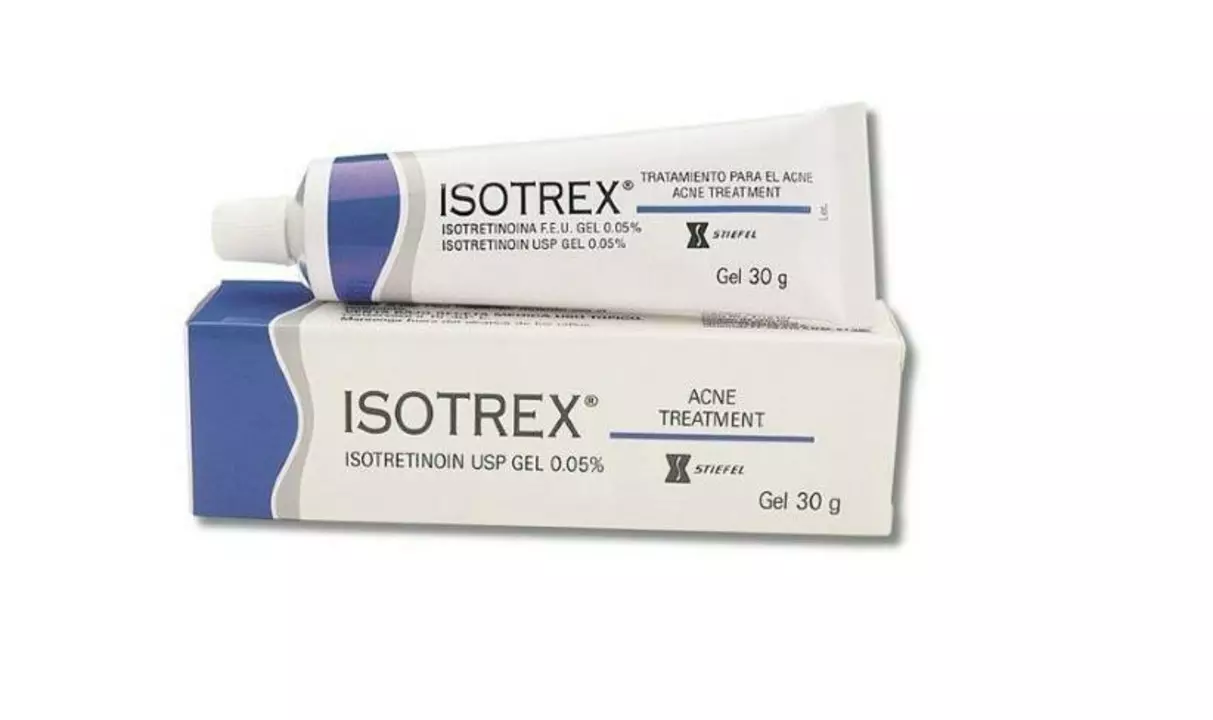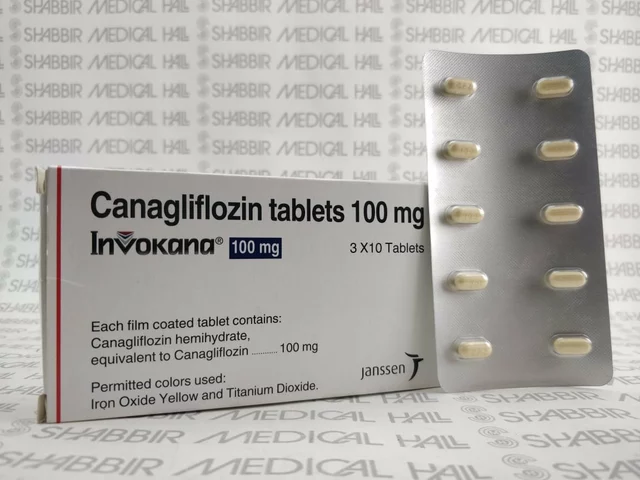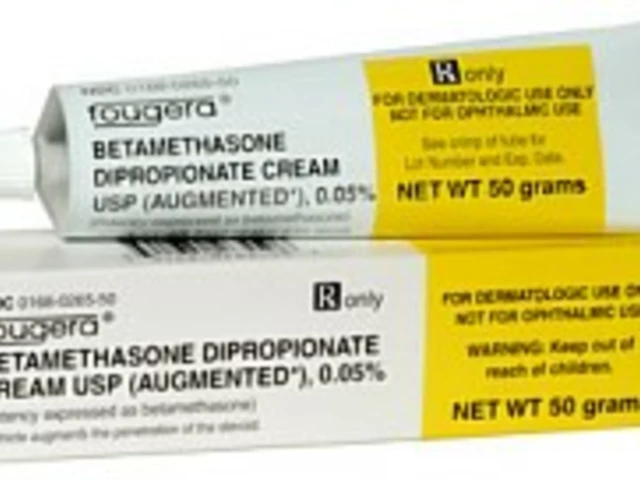Introduction: Colchicine and Dermatology
As a blogger passionate about dermatology, I've found that colchicine, an ancient drug used to treat gout, has been gaining attention lately for its potential role in managing various dermatologic conditions. In this article, I will delve into the science behind colchicine and its applications in dermatology. We will explore different skin conditions that can be treated with this versatile medication and discuss the latest research findings in this area.
The Mechanism of Action of Colchicine
Before we dive into the dermatologic applications of colchicine, it's essential to understand how this drug works. Colchicine is an anti-inflammatory agent that works by inhibiting microtubule formation in cells, ultimately disrupting their function and reducing inflammation. This unique mechanism of action has made colchicine an effective treatment for various inflammatory conditions, including gout and pericarditis. Recent studies have also shown promising results in the field of dermatology.
Colchicine for Psoriasis
Psoriasis is a chronic inflammatory skin condition characterized by red, scaly patches on the skin. It affects millions of people worldwide and can significantly impact their quality of life. Colchicine has been used off-label to treat psoriasis, and some studies have shown positive results. Its anti-inflammatory properties can help to reduce the inflammation associated with psoriasis, leading to a decrease in symptoms and an improvement in the overall appearance of the skin. More research is needed to determine the optimal dosage and treatment duration for colchicine in psoriasis patients.
Colchicine for Behçet's Disease
Behçet's disease is a rare autoimmune condition that can cause various symptoms, including painful ulcers, skin lesions, and inflammation in various parts of the body. Colchicine has been shown to be effective in treating the mucocutaneous manifestations of Behçet's disease, such as oral and genital ulcers and skin lesions. By reducing inflammation and preventing the formation of new ulcers, colchicine can improve the quality of life for patients with this challenging condition.
Colchicine for Sweet's Syndrome
Sweet's syndrome, also known as acute febrile neutrophilic dermatosis, is a rare skin condition characterized by painful, red, and swollen skin lesions. It is usually triggered by an infection, medication, or an underlying medical condition. Colchicine has been reported to be an effective treatment for Sweet's syndrome, as it can reduce inflammation and the formation of skin lesions. In some cases, colchicine can lead to a complete resolution of symptoms, making it a promising treatment option for this rare and painful condition.
Colchicine for Pseudogout
Pseudogout, also known as calcium pyrophosphate deposition (CPPD) disease, is a type of arthritis that can cause painful joint inflammation and skin manifestations. Colchicine has been shown to be effective in managing acute pseudogout attacks and preventing future episodes. By targeting the underlying inflammation, colchicine can provide relief to patients suffering from this painful condition and possibly reduce the need for more potent, immunosuppressive medications.
Colchicine for Chronic Urticaria
Chronic urticaria, also known as hives, is a condition where red, itchy, and raised welts appear on the skin. Although the exact cause of chronic urticaria is often unknown, it is thought to involve an overactive immune response. Colchicine has been shown to be an effective treatment for some patients with chronic urticaria, as it can help to reduce inflammation and itchiness. By targeting the inflammatory process, colchicine can help to alleviate symptoms and improve the quality of life for those struggling with this often frustrating and uncomfortable condition.
Considerations and Potential Side Effects
While colchicine has shown promise in treating various dermatologic conditions, it is crucial to be aware of the potential side effects and contraindications associated with its use. Colchicine can cause gastrointestinal side effects such as nausea, vomiting, and diarrhea in some patients. It may also interact with other medications and is contraindicated in those with severe kidney or liver disease. Before starting colchicine, it is essential to discuss your medical history and current medications with your healthcare provider to determine if it is the right treatment option for you.
Conclusion
In conclusion, colchicine, a drug with a long history of use for gout, has shown promise in treating various dermatologic conditions due to its unique anti-inflammatory properties. From psoriasis to Behçet's disease, colchicine has the potential to improve the lives of those suffering from these challenging skin conditions. As with any medication, it's essential to consult with your healthcare provider before starting colchicine to ensure that it is the right treatment option for you. As a blogger passionate about dermatology, I look forward to seeing further research on colchicine and its potential applications in managing skin conditions.







Post A Comment